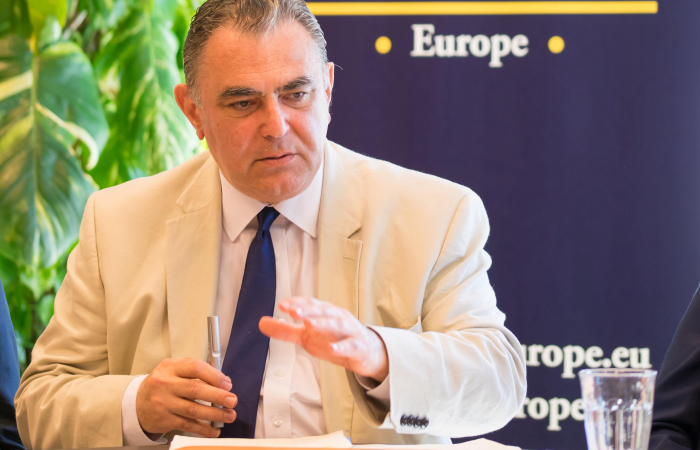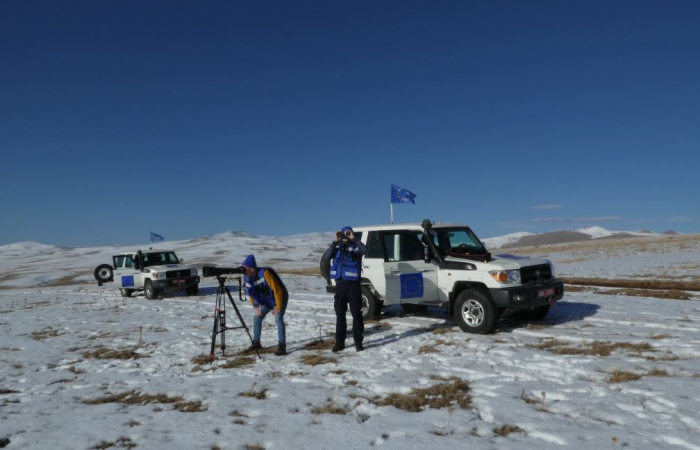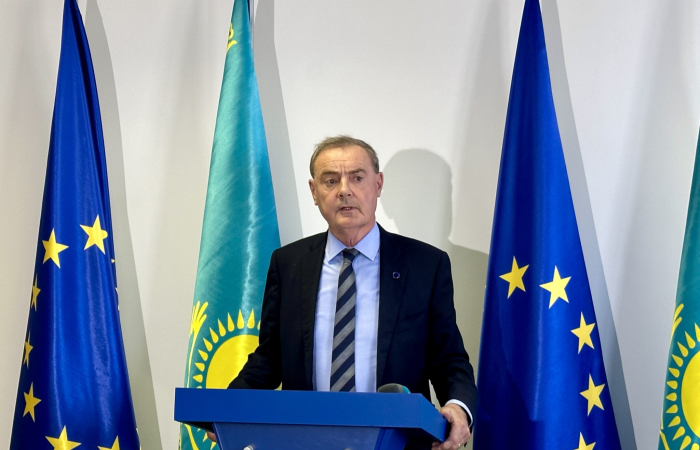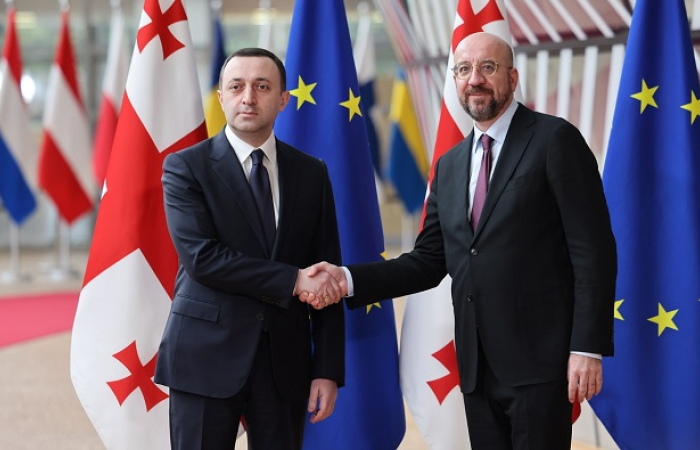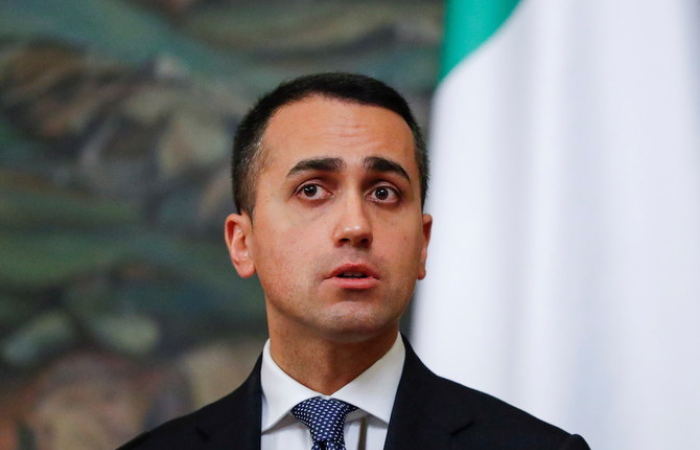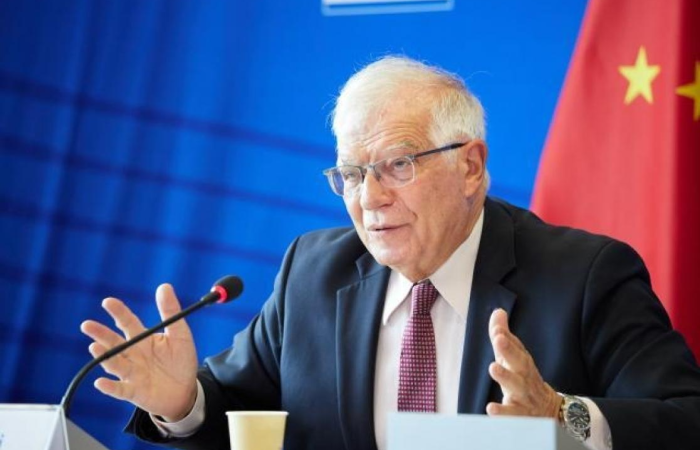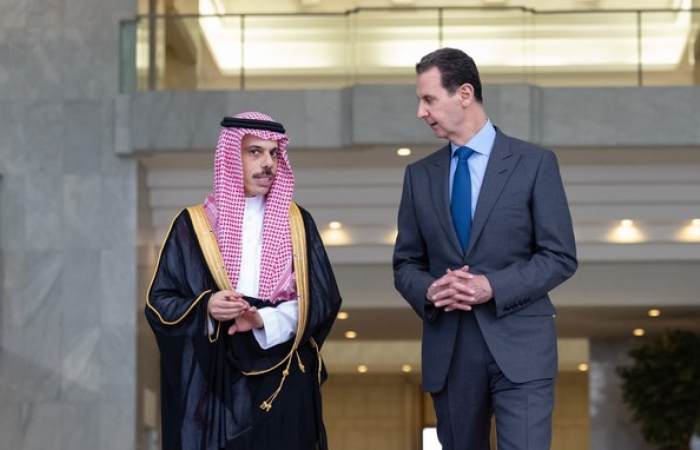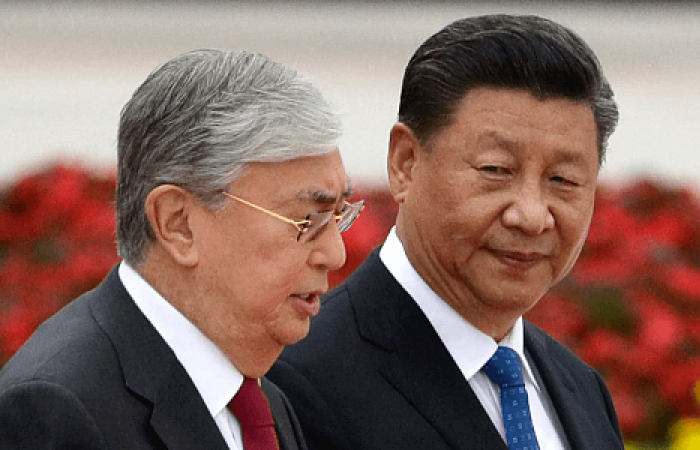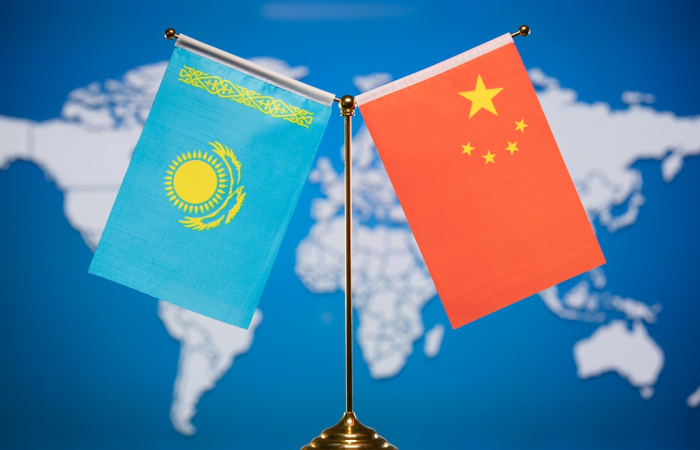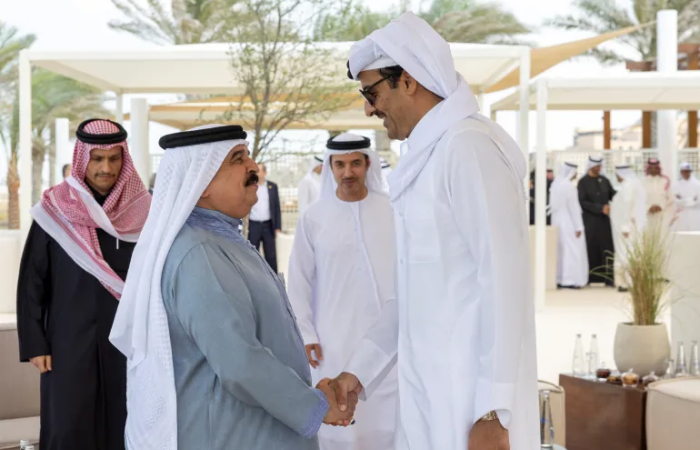Editor's choice
This is a members’ functionality. Please
Sign upNews
Trending
Qatar and Bahrain agree to restore diplomatic ties
13 April 2023
Qatar and Bahrain have announced that they have agreed on restoring diplomatic ties after a meeting on Wednesday (12 April) at the headquarters of the Gulf Cooperation Council (GCC) General Secretariat in Riyadh, Saudi Arabia. According to a statement released by the Qatari foreign ministry, both sides agreed to "enhance the Gulf unity and integration according to the GCC Charter". The agreement ends a dispute that began in 2017, when Bahrain, Saudi Arabia, the United Arab Emirates and Egypt, imposed a diplomatic blockade on Qatar alleging it had worked to support "terrorism", backed hardline groups, maintained too close ties with Iran, and had meddled in those countries' internal affairs. Doha has always firmly denied the allegations. Saudi Arabia, Bahrain, the UAE and Egypt had banned Qatari planes and ships from using their airspace and waters, as well as cutting trade links. All but Bahrain resumed these ties in 2021, however, but UAE and Qatar have not yet opened their respective embassies. The agreement between Bahrain and Qatar is the latest in a series of regional rapprochements. Most significant was the 10 March deal struck between Saudi Arabia and Iran to normalise relations between them.




